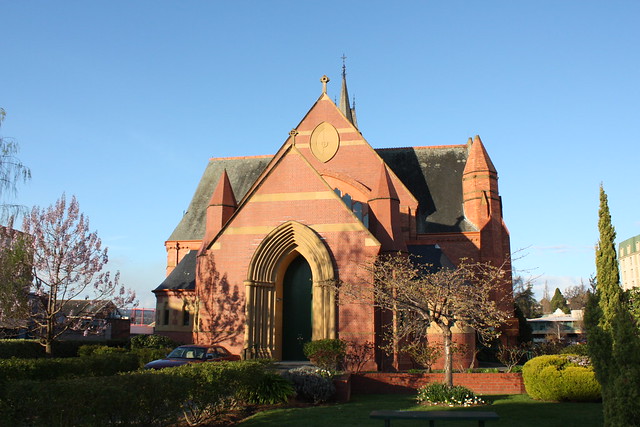The Rise of the “Nones” (and How Anglicans Can Respond)

July 16, 2013
American churches are losing their young people. This trend was evidenced most recently in a 2012 Pew Forum study titled “‘Nones’ on the Rise: One-in-Five Adults Have No Religious Affiliation.” The summary of the 80-page report posits, “The number of Americans who do not identify with any religion continues to grow at a rapid pace. One-fifth of the U.S. public—and a third of adults under 30—are religiously unaffiliated today, the highest percentages ever in Pew Research Center polling.”
Researchers use the label of “nones,” or “religiously unaffiliated,” to clarify that these young people are not falling into hardened agnosticism or atheism. Instead, they often describe themselves as “spiritual, but not religious,” perhaps echoing the common mantra that “Christianity isn’t a religion, it’s a relationship.” As Ross Douthat argues in his latest book Bad Religion, America suffers not from a lack of spirituality but rather an influx of self-determined, self- actualizing heresies. Mainline Protestantism, once a bastion of orthodoxy and counterweight to spiritual outliers on the American religious landscape, has compromised on its Christian convictions and has suffered an exodus in membership. Post-Vatican II Roman Catholicism likewise hemorrhages baptized members, even though the statistics are buoyed by the influx of Latin American immigrants. This is not simply a crisis in denominational loyalty. Non- denominational evangelicalism, once the refuge for dissident revivalist Protestant voices, is also starting to suffer membership loss. Youth raised in the mega- church culture seem almost as likely to leave the faith as any other kind of Christian. Even America’s largest religious group, the Southern Baptist Convention, is starting to see its membership numbers plateau.
The Pew Forum cites four hypotheses for the rise of the nones: political backlash (especially against the “Religious Right”), delayed marriage, broad social disengagement (or the “bowling alone problem”), and secularization. The National Study of Youth and Religion (NSYR) has engaged this question with more depth and promises fruitful answers to concerned church leaders. The NSYR, encapsulated in Christian Smith’s 2005 tome Soul Searching and Kenda Creasy Dean’s 2010 book Almost Christian, offers helpful insights to the problematic world of youth ministry. the rest image image



0 Comments:
Post a Comment
<< Home